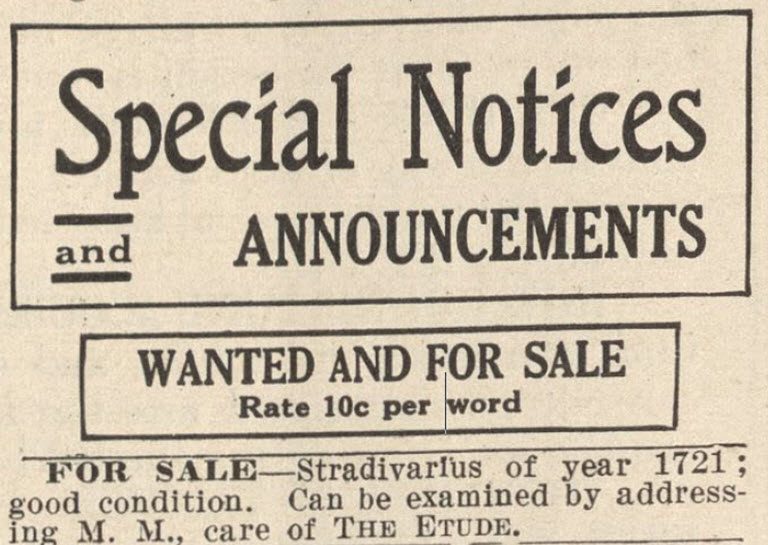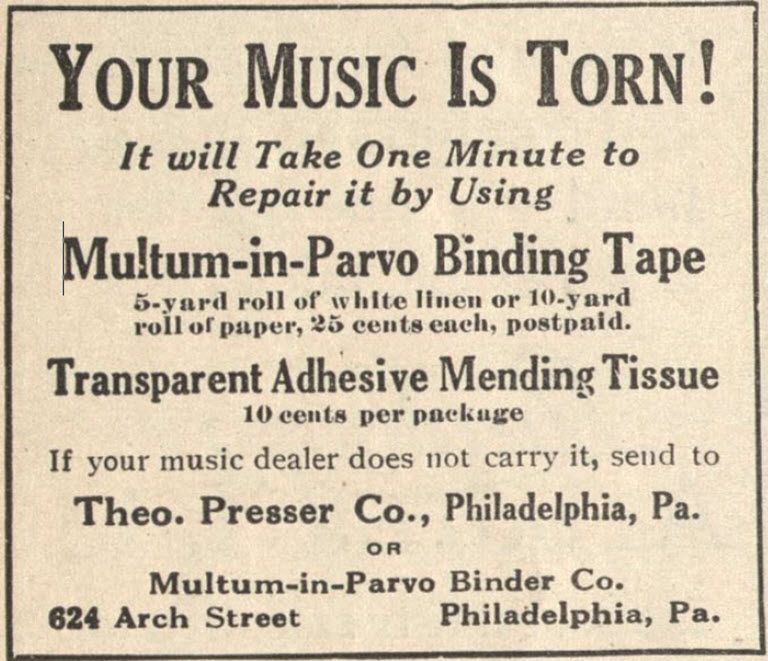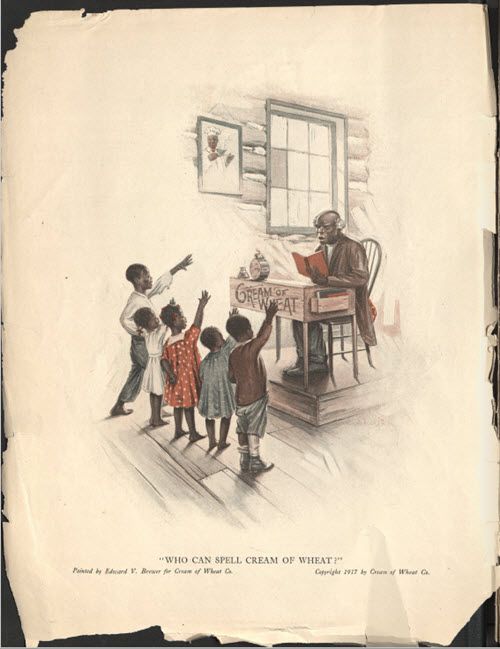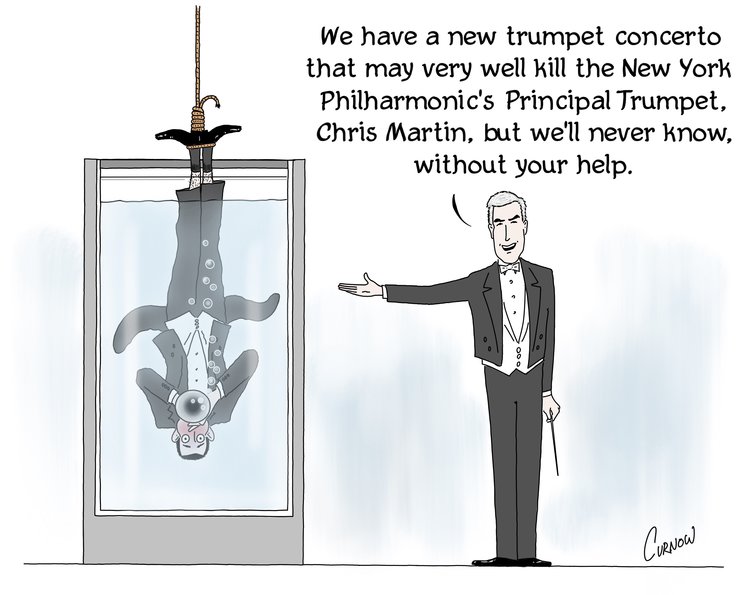Outreach was just as popular of a topic 100 years ago as it is today. Case in point, the October 1917 edition of The Etude magazine which published an article on p.644 by Mrs. Robert M. Rainey titled “How to Interest Unmusical People in Music.”
We never learn Mrs. Rainey’s first name because after all, this is 100 years ago when America was still misogynistic AF and women weren’t allowed to vote and were routinely identified by their owner’s husband’s name.
Nonetheless, Mrs. R. guides the gentle reader through the process of dumbing down music to maximize appeal. Are you curious to know what she recommends? Of course you are:
[SELECT MUSIC WITH] A CLEAR, DISTINCT, PLEASING MELODY.
Do not make the mistake of trying to teach the “unmusical” with queer harmonies or musical “atmosphere.” The “unmusical” are more easily attracted by a good tune. Psychologically it is the thing that reaches them first. If. the average chef exercised the same kind of sense in purveying food that the average musician displays he would soon find his restaurant deserted. Rare dishes are all right, but what the public demands first is good wholesome food. It would starve on sauces, curries and pickles. There is a reason for the popularity of. Grieg’s “To Spring,” MacDowell’s “To a Wild Rose” Rubinstein’s “Melody,” or Dvorak’s “Humoresque.” The melody in these pieces sings clearly from beginning to end.
DO NOT SELECT PIECES WITH A GREAT NUMBER OF MELODIES
Bach is filled with melodies-so are the Haydn sonatas, the Mozart sonatas and the Beethoven sonatas but the “unmusical” mind is unable to absorb these melodies. It can take one easily, but five or six or more complicated melodies blur.
PROGRESS FROM THE VERY SIMPLE TO THE MORE DIFFICULT
If you have a choice between melodies introduce the simplest first. In Browning’s poem “Saul.” taken from the story of King Saul cured of a deep melancholy by the harp music of David, then a young shepherd boy, we have this same idea worked out. David first plays a tune that he was wont to play to his sheep. This suggests a simple tune because intended for a low order of animal. He then plays the tune for which quail on the cornland will each leave its nest; the bird Iife, a higher form. Then comes the tune of the winesong of the reapers-the peasant class of people. Later the funeral song and the glad chant of the marriage party. At last a chorus as the Levites go up to the altar. In this musical climax the melody progresses from the simple form of tune to the complex chorus.
THE “UNMUSICAL” DEMAND PROGRAM MUSIC
Few “unmusical” people can listen to music in the abstract. It must signify something to them which conveys the idea of nature, poetry, drama, etc. The idea of telling a story through music is primitive in its origin. You may have proved to your own satisfaction that it is impossible to convey “program” ideas through music. The “unmusical” think otherwise. Watch the crowds in a park at a band concert and note the interest which crude “program” pieces always arouse. You may not approve of it but the public does. Accept then -he idea of a “story in music” as a bridge to other things.
In summary: it’s the duty of those steeped in knowledge and comportment of all things classical music to lift the unwashed masses from wallowing in the crapulence of their ignorance. Just make sure to do it gradually or they may fail to arrive at the appropriate level of awe and respect.
In all seriousness, it’s easy to poke fun at 100-year-old attitudes but how many artistic planning, outreach, or education meetings have you attended that include more than a few vestiges of this attitude. Elitism isn’t developed in a single season and the further in time we are removed from its source, the harder it becomes to break free.
Here’s what else occupied the minds of classical music stakeholders:
- The Met dodges the draft, the American Symphony Orchestra (of Chicago) isn’t as lucky (p.637): “Contrary to a prevalent rumor, it is announced that war will not check the opera season at the Metropolitan. Few of the artists and none of the stars returned to Europe this summer. The [ASO of Chicago]…has been hard hit by the conscription; of the fifty members in the orchestra, 20 have been called in the first draft.”
- Nebraska turns 50, celebrates with 30-piece orchestra (p.637): “Nebraska, celebrating her fiftieth birthday, has had a great Pageant of Nebraska…About four hundred people participated in the performance, besides an orchestra of thirty.”
- Labor Issues (p.637): “Theater-orchestra musicians in New York have won their fight for a higher wage-scale, the managers having agreed to a ten per cent increase.”
Articles Are Only Half The Fun
In addition to providing a window into the classical music community from 100 years ago, The Etude provides some fascinating insight via the advertisements it ran.





This is the inside front cover ad. America isn’t just misogynistic AF, it’s racist AF too.


